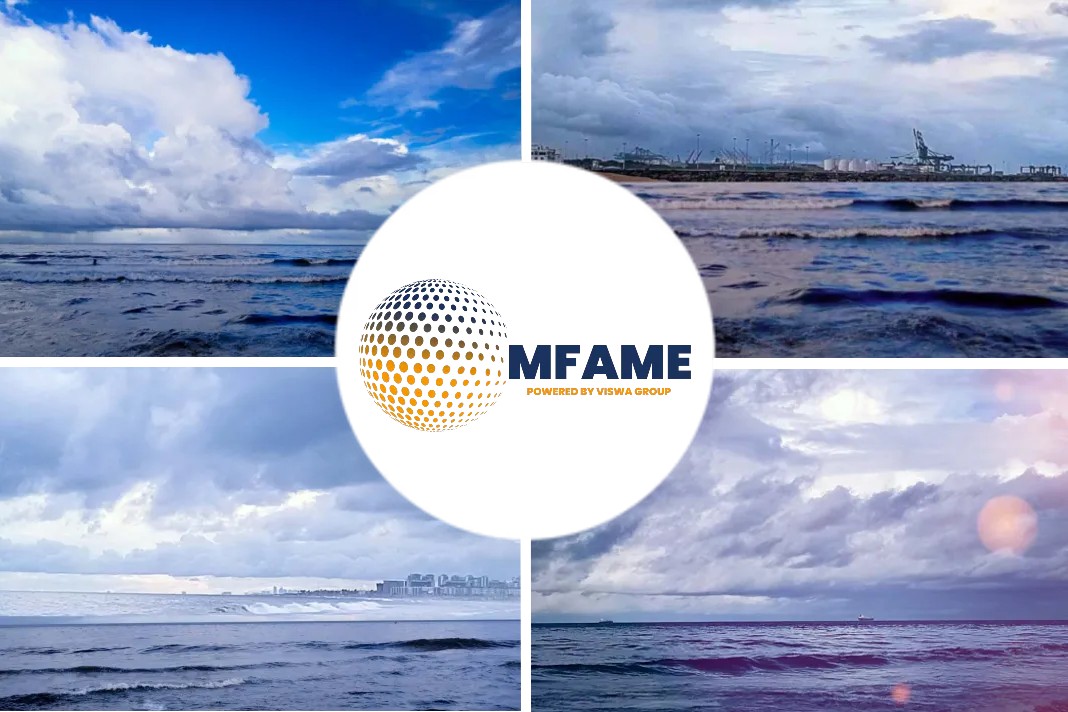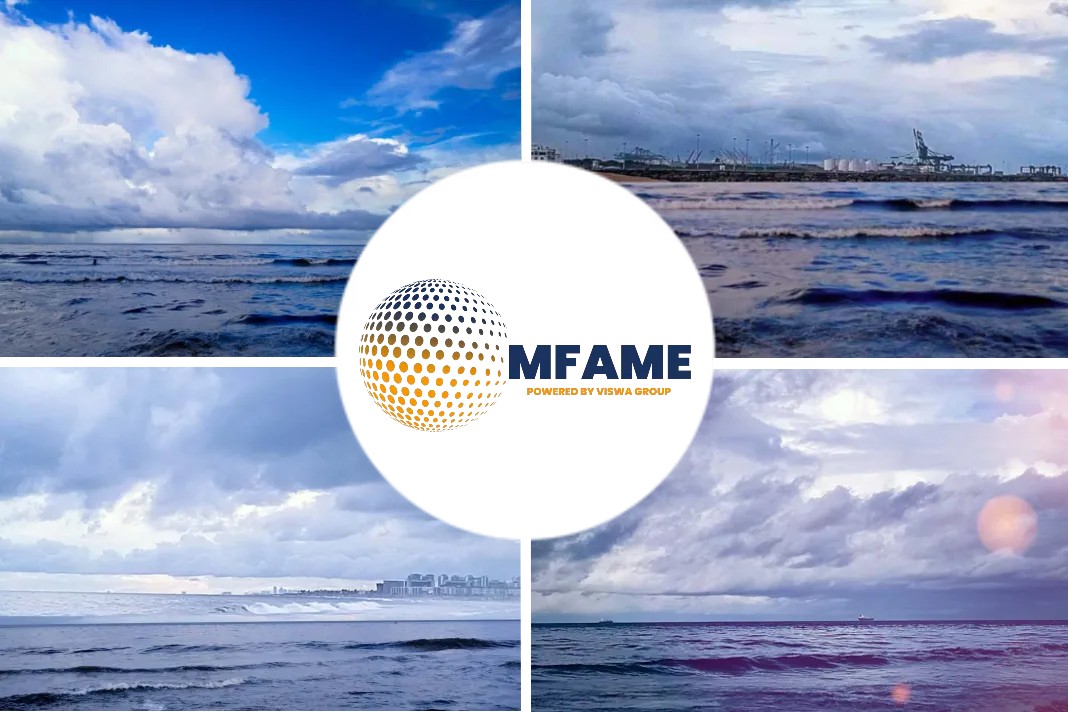
- UK and German manufacturers have seen orders fall for the second month in a row, as inflation rises and fears of a European recession grow.
- LVMH Mot Hennessy Louis Vuitton SE and Kering SA, which owns Gucci, also reported sharply higher sales.
- Solvay, Red down pointing triangle and Green up pointing triangle are raising prices to offset rising energy and raw material costs.
European firms have defied the continent’s bleak economic prospects by raising prices, but there are signs that the strategy that has protected their profits is faltering, reported by Wall street Journal.
Increasing Prices
Executives at some of the companies that have benefited from sharply higher prices are warning that rising energy and food prices, as well as job-related concerns, are starting to dampen consumer demand for their products.
Incoming orders to German manufacturers have fallen for the second month in a row, as inflation and interest rates continue to rise and fears of a European recession grow.
The continent has been hit harder than the United States and Asia by the Ukraine war, particularly by the rise in energy prices that has resulted, raising inflation above the level seen in the United States.
Nonetheless, company earnings have exceeded expectations, owing largely to price increases that have matched or exceeded rising costs.

Luxury goods
Mercedes-Benz Group reported third-quarter earnings that exceeded analysts’ expectations, and the company’s finance chief, Harald Wilhelm, told investors that higher prices for new car models accounted for half of the profit increase.
Industries that cater to wealthy consumers have been especially successful in raising prices, claiming that historically high energy and food inflation hasn’t affected customer demand.
Luxury goods maker Hermès International SCA, which manufactures $10,000 handbags, announced last month that it planned to raise prices by up to 10% following forecast-beating sales. LVMH Mot Hennessy Louis Vuitton SE and Kering SA, which owns Gucci, also reported sharply higher sales.

High Demand
Solvay SA, a Belgian chemicals manufacturer with annual sales in excess of 10 billion euros, or about $10.2 billion, has generated approximately 700 million euros in additional sales through price increases this year, the company said during a recent earnings call.
Sales have been driven by high demand from automakers, semiconductor manufacturers, and the healthcare industry.
Solvay CEO Ilham Kadri told investors that in the second half of last year, the company began adjusting prices to offset rising inflation and energy costs.
To maintain price levels in the future, the company has begun to add surcharges to some products.
“We put energy surcharges and sometimes even logistic surcharges…so we expect to keep that portion of our pricing power in this area,” she said.
Carbon products
SGL Carbon SE, which manufactures carbon products for the auto industry, semiconductor manufacturers, and others, said that a third of its higher sales in the third quarter were due to passing on higher raw material and energy costs to its customers.
Looking ahead, CEO Torsten Derr stated that demand, particularly from the auto industry, would remain high, but that customers’ tolerance for higher prices would be tested.
“We believe we will be able to pass on additional energy cost increases if they occur,” he told investors earlier this month.
Rising energy costs
Leonardo SpA, an Italian defense contractor, has been trying to raise prices to offset rising costs, but it recently told investors that 70% of its backlog orders were priced before inflation and rising energy costs.
The company is attempting to offset the impact of inflation by cutting costs and, in some cases, eliminating purchasing intermediaries.
Inflation
SKF AB, a Swedish engineering group, reported lower earnings in the third quarter, owing to moving too slowly to offset inflation.
“Inflation just increased so quickly that we didn’t have time to offset it,” SKF CFO Niclas Rosenlew told investors last month.
Few analysts expect the companies they follow to defy economic trends again in the current quarter.
European economy
According to Eurostat, the eurozone economy grew by 0.2% in the three months to October, while inflation jumped to 10.7% last month.
The growth figures were better than expected, but with most indicators pointing south, many believe the downturn has only been postponed.
“The question is how deep the recession will be, not whether one will occur,” Oxford Economics, a think tank, wrote in a report.
In Germany, the largest economy in the European Union, incoming orders for manufacturers fell 4% in September after falling in August. Eurozone orders to German manufacturers fell twice as much.
Prioritizing
One factor contributing to German automakers’ surprising health this year is that they are still working through a backlog of orders that accumulated during the post-pandemic recovery due to shortages of key components such as semiconductors.
Their initial reaction was to prioritize their most profitable models by rationing chips.
When that wasn’t enough to keep margins safe, they cut costs and began raising prices on new cars.

Supply-chain
With signs that supply-chain bottlenecks are easing, automakers are beginning to reduce months-long wait times for new vehicles.
As they work through the backlog, their ability to raise or even maintain current pricing levels may be tested, posing a risk to earnings.
“I believe this phenomenon will end within the next year,” said Stefan Bratzel, director of the Center of Automotive Management.
In the auto industry, new car price increases have historically lagged behind inflation. However, since 2019, prices have risen by 50% on average, while manufacturing costs have increased by 43%, according to Daniel Roeska, auto analyst at Bernstein Research.
When asked about the coming year by investors, Mercedes-Mr. Benz’s Wilhelm warned that the company could run out of pricing room.
“We should not expect trees to grow into the skies,” he said during an earnings call on Oct. 26.
Did you subscribe to our Newsletter?
It’s Free! Click here to Subscribe.
Source: Wall Street Journal
















